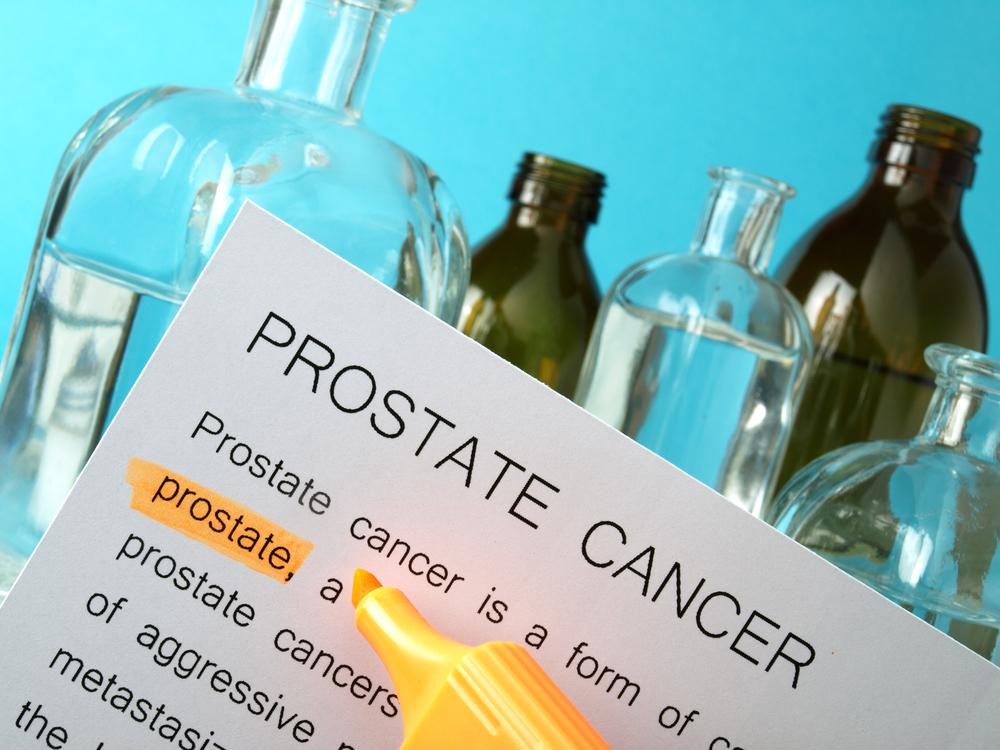
Prostate Cancer – Risk Factors and Treatment Options
A gland in the male reproductive system is called prostate, and when cancer develops in this gland it is known as prostate cancer. This type of cancer usually grows slowly and remains confined to the prostate gland; however, the cancer cells can spread to other parts of the body, particularly to the bones and lymph nodes. Weight loss, fatigue, change in bowel movements, blood in urine, pain during urination, erectile dysfunction are some symptoms of prostate cancer. If detected in the early stages, prostate cancer is highly curable, but with the advancement of stages, the level of complications might increase.
Top risk factors for prostate cancer
- Age
One of the top risk factors for prostate cancer is age. Men above the age of 65 years are at a greater risk of developing prostate cancer. - Family history
One of the top risk factors for prostate cancer include family history. If someone from the family has a history of prostate cancer, the chances of other family members getting affected by this type of cancer increases. - Race
This type of cancer most likely affects African American men as compared to Caucasian men. - Diet and obesity
Men who eat foods with high saturated fats are likely to be overweight and more prone to prostate cancer than those who eat healthy and nutritious food. - Lifestyle
Stress, anxiety, and no physical activity are some lifestyle factors that might contribute to developing prostate cancer. So it is very important to live a healthy lifestyle and exercise regularly. - Gene changes
Gene changes is one of the top risk factors for prostate cancer. Inherited mutation of genes BRCA1 or BRCA2 can increase the chances of developing prostate cancer in men. - Agent Orange Exposure
Those who have been exposed to Agent Orange, a harmful chemical used during the Vietnam War, are likely to be at risk of developing this condition.
Treatment options
The treatment options would be determined depending upon the stage of development of prostate cancer and overall health.
- Radiation therapy
Cancer cells are killed using high energy rays known as radiation therapy. External beam radiation therapy (EBRT) and stereotactic body radiation therapy (SBRT) are the two types of radiation techniques used in treating prostate cancer. - Hormone therapy
Also known as androgen suppression therapy, this hormone therapy aims at reducing androgen stimulation that promotes the growth of cancer cells. Techniques used in this therapy include medications to either stop or block the production of testosterone levels depending upon the stage or remove the testicles completely through surgery. - Chemotherapy
This therapy is used when the cancer cells have spread beyond the prostate gland. Anti-cancer medications are given to kill and slow down the growth of cancer cells. This therapy is usually used at an advanced level of prostate cancer. - Biological therapy
The body’s immune cells are collected and injected back in the body to fight against cancer cells. This type of therapy is usually used during the advanced stages.
Along with the abovementioned treatments, proper medications, maintaining a healthy lifestyle, eating nutritious food and practicing regular physical activities can help in dealing with prostate cancer.



